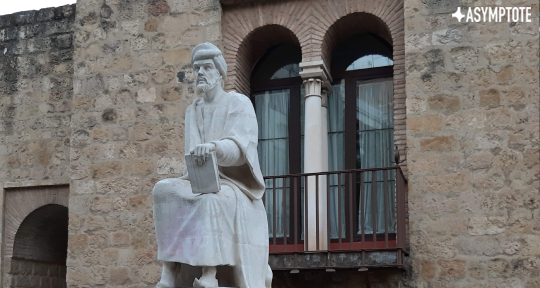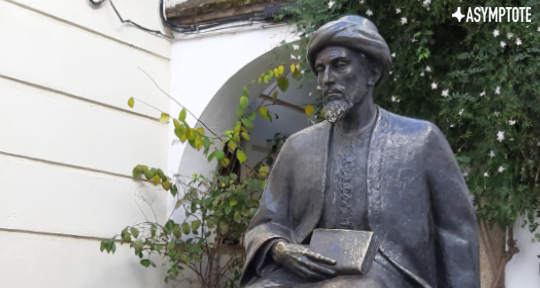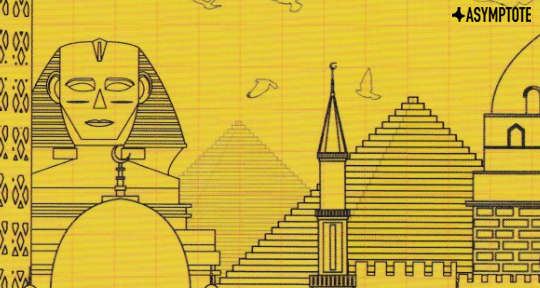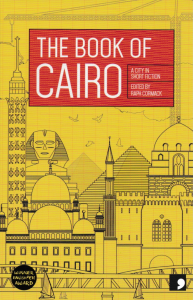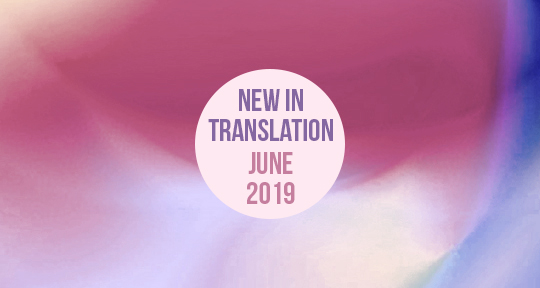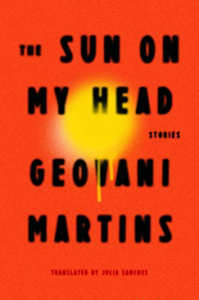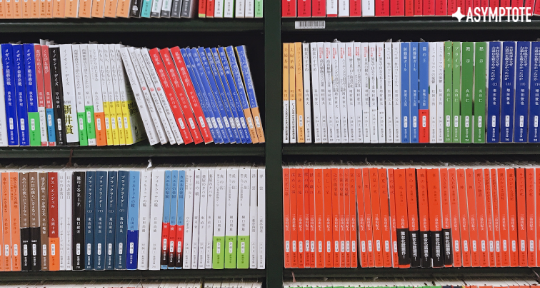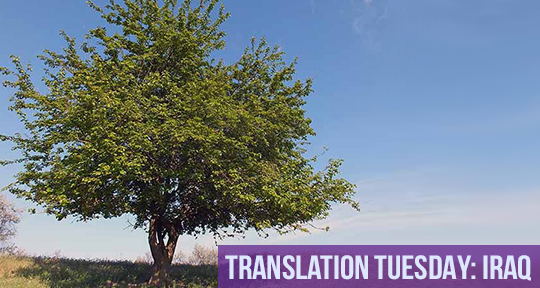From the town nestled in the peaks of Lebanon, to the recent surge in Hong Kong streets, to the crystal waters of the Occitanie coast, our three literary destinations of the week bring forth an array of Lebanese love stories, reimaginings of home, and the rich culture of Mediterranean poetry. In the words of the great Sufi poet Yunus Emre, “If I told you about a land of love, friend, would you follow me and come?”
Ruba Abughaida, Editor-at-Large, reporting for Lebanon
The mountain town of Bsharri in Lebanon should see an increase in tourism following the Lebanese debut of a musical adapted from Gibran Khalil Gibran’s Broken Wings, published in 1912. Born in Bsharri in 1883, Gibran’s book The Prophet, published in the United States in 1923, is still one of the best-selling books of all time after ninety-six years and 189 consecutive print runs. Showing at Beit El Din Palace, a nineteenth century palace which hosts the annual Beiteddine festival, the musical tells of a tragic love story which takes place during the turn of the century in Beirut.
Closer to sea level, an evening of poetry in Beirut celebrated Lebanese poet Hasan Abdulla. Born in Southern Lebanon, Abdulla was inspired by its natural beauty, and infused his poetry with observations of nature. His work, spanning over forty years, has been translated into English, French, German, Spanish, and Russian.


